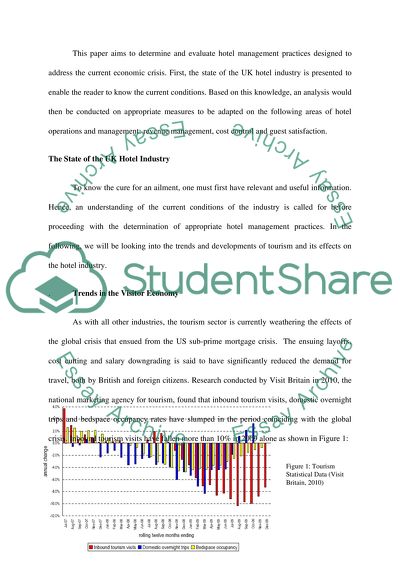Cite this document
(“Managment and Leadership analysis paper Essay Example | Topics and Well Written Essays - 2500 words”, n.d.)
Managment and Leadership analysis paper Essay Example | Topics and Well Written Essays - 2500 words. Retrieved from https://studentshare.org/miscellaneous/1565059-managment-and-leadership-analysis-paper
Managment and Leadership analysis paper Essay Example | Topics and Well Written Essays - 2500 words. Retrieved from https://studentshare.org/miscellaneous/1565059-managment-and-leadership-analysis-paper
(Managment and Leadership Analysis Paper Essay Example | Topics and Well Written Essays - 2500 Words)
Managment and Leadership Analysis Paper Essay Example | Topics and Well Written Essays - 2500 Words. https://studentshare.org/miscellaneous/1565059-managment-and-leadership-analysis-paper.
Managment and Leadership Analysis Paper Essay Example | Topics and Well Written Essays - 2500 Words. https://studentshare.org/miscellaneous/1565059-managment-and-leadership-analysis-paper.
“Managment and Leadership Analysis Paper Essay Example | Topics and Well Written Essays - 2500 Words”, n.d. https://studentshare.org/miscellaneous/1565059-managment-and-leadership-analysis-paper.


